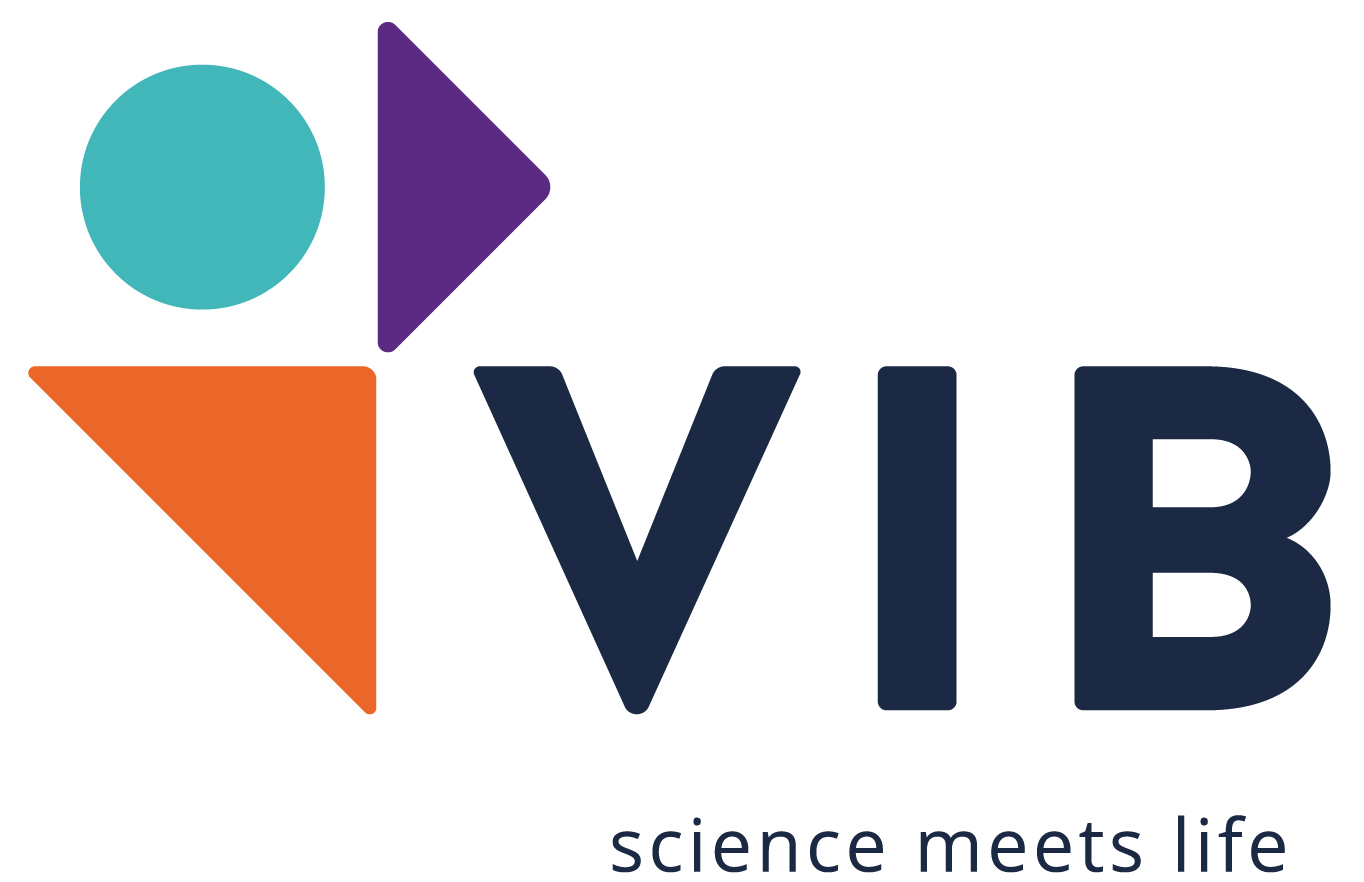Recruitment details

[DC3] Single prokaryote cell MS data analysis
Starting date: Sept. 1, 2024
(in 1 year, 5 months) ago
Application Deadline: March 15, 2024
(in 1 year, 11 months) ago
Type: Computational
Affiliation(s):
Vlaams Instituut voor Biotechnologie
Universiteit Gent
Promoter(s):
Prof. Lennart Martens
Domain: Proteomics bioinformatics; computational biology; method development; machine learning;
Keywords: peptide and protein identification; convolutional neural networks; bioinformatics;
Location: CompOmics group; VIB-UGent Center for Medical Biotechnology, VIB and Ghent University, Ghent, Belgium
More information: Open link

Domain: Proteomics bioinformatics; computational biology; method development; machine learning
Keywords: peptide and protein identification; convolutional neural networks; bioinformatics
Promotor: Lennart Martens
Starting date: 1st of September 2024, for a period of 3 + 1 years
Location: CompOmics group; VIB-UGent Center for Medical Biotechnology VIB and Ghent University, Ghent, Belgium.
Funding: HORIZON-MSCA-2022-DN project PROHITS
In this project, you will work closely together with the mass spectrometry experts at CNRS in Strasbourg, France to develop novel proteomics informatics solutions that will be optimally adapted to identifying proteins from single cell proteomics on prokaryotes using the very latest mass spectrometers. As single cell proteomics on such tiny cells is a highly challenging endeavour, the focus will be on maximum sensitivity while maintaining (and possibly even increasing) specificity of the identification. To do so, you will further develop and adapt the existing machine learning models of the CompOmics group at VIB-UGent: the peptide fragmentation models in MS2PIP, and the retention time prediction models in DeepLC. Moreover, you will also develop a model to predict the ion mobility characteristics of the analysed peptides using a similar convolutional neural net architecture to that of DeepLC. You will then use these three new models as a source of features for VIB’s performant MS2Rescore machine learning-based scoring engine, and in the group’s in silico DIA library searching algorithms.
Besides the work in Brussels, you will have two secondments. The first is a 1.5 month secondment at the CNRS in Strasbourg, France early in the project to become familiar with the origins of the data that you will analyse, including the instrumentation used and the wet lab workflows employed. The second secondment, of 1 month, will be closer to the end of the project, and with the company Bruker Daltonics in Bremen, Germany. Here, you will work with Bruker engineers to bring your software developments to their instruments, so that other researchers can use these too.
The project is part of a computational/experimental EU MSCA-DN project with a total of 10 Ph.D. students, and is highly interdisciplinary. Good programming skills (preferentially Python) are essential, with knowledge of machine learning/artificial intelligence very desirable. Background knowledge of proteomics or mass spectrometry data analysis is a bonus. Candidates must be motivated to learn about all disciplines relevant to the project. Candidates must be fluent in English.
Applications must be submitted online in English following the instructions and respecting the conditions at https://bit.ly/prohits. The deadline for applications is 15/03/2024 at 23:59 (CET)
Further general information about the PROHITS project: http://prohits.eu